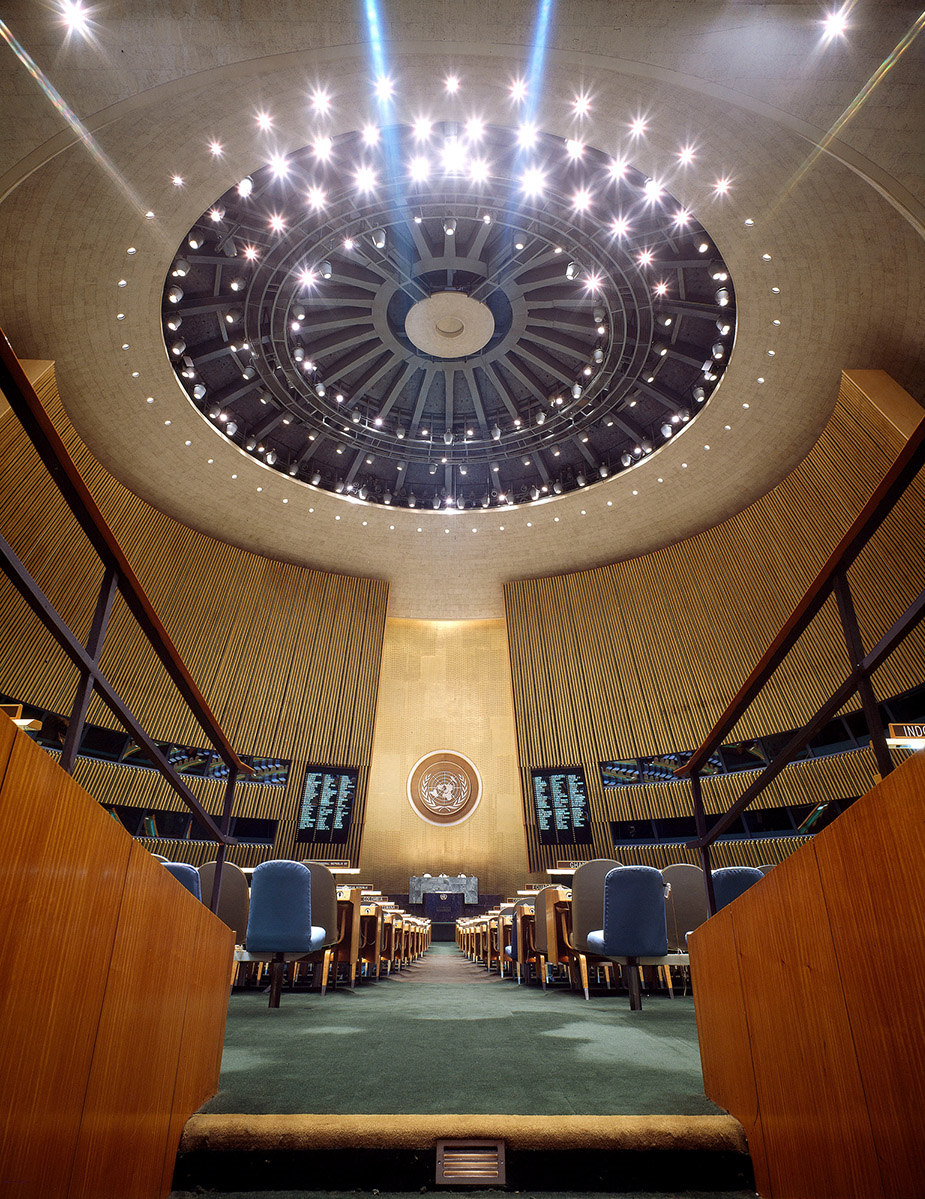Reforming the UN: A Crucial Step towards Equity in a Multipolar World - ENA English
Reforming the UN: A Crucial Step towards Equity in a Multipolar World

By Desta Kahsay
As we navigate an era marked by escalating geopolitical tensions, climate crises, and deepening economic inequalities, the United Nations finds itself at a critical juncture. Established in the aftermath of World War II to promote global peace and cooperation, the UN has undeniably achieved significant milestones, ranging from successful peacekeeping missions to the eradication of smallpox. Yet, as the organization approaches its 80th anniversary in 2025, its framework increasingly resembles an outdated relic, ill-suited to confront the realities of today's complex world.
The calls for reform are resonating powerfully, especially from the Global South, where nations representing the vast majority of the world’s population demand a rightful seat at the table. Their voices echo a clear message: without meaningful change, the UN risks irrelevance, undermining its core mission to foster international stability and justice.
At the heart of the issue lies the UN’s antiquated governance structure, which perpetuates a power imbalance that favors the victors of 1945. The Security Council, dominated by its five permanent members, the US, China, France, Russia, and the UK, holds veto power that often paralyzes action on critical issues. This arrangement has allowed a select few nations to monopolize decision-making, marginalizing the voices of emerging powers across Africa, Asia, Latin America, and the Middle East.
Leaders from these regions argue that the current system fails to respond to shifting global dynamics, where the Global South drives much of the world’s economic growth and bears the brunt of pressing challenges like climate change and mounting debt.
Brazilian President Lula da Silva has rallied BRICS nations to advocate for multilateralism and UN reform, emphasizing solidarity within the Global South to forge a more equitable international order. In a similar vein, Chinese President Xi Jinping's Global Governance Initiative strives to enhance the representation of developing countries within the Security Council.
The demands of the Global South are grounded in pressing realities. African leaders have underscored the urgent need for financial reforms, peacekeeping initiatives in conflict zones such as Sudan and the Democratic Republic of Congo (DRC), and stronger climate actions, areas where the UN’s current mechanisms fall miserably short.
The recent Pact for the Future, adopted at the UN Summit, highlights these crucial priorities by emphasizing the 2030 Agenda for Sustainable Development and calling for inclusive decision-making. However, many Global South nations express skepticism that Western-driven reforms are merely cosmetic attempts to maintain influence rather than genuine efforts to redistribute power.
Security Council reform, in particular, remains a contentious issue: the divide does not strictly align with North-South lines but rather reflects a complex web of alliances and interests. Calls for permanent seats for African nations, India, and Brazil are critical to ensuring balance and justice in global governance.
Reforming the UN is not solely a matter of fairness; it is essential for the organization’s survival and effectiveness. A more representative body would enhance the UN’s legitimacy, equipping it to address urgent global challenges with greater consensus. Imagine a reformed Security Council capable of swiftly responding to conflicts free from the shackles of veto-induced paralysis or a financial architecture that prioritizes debt relief and sustainable development for indebted nations in the Global South.
Emerging initiatives like the Shanghai Cooperation Organization (SCO) and BRICS are already stepping into the void, proposing innovative alternatives such as development banks that challenge Western dominance.
Critics may argue that reform risks diluting the UN’s authority or fostering division, yet the status quo is far more perilous. If the UN is to remain a beacon of hope, it must evolve into a truly inclusive institution, one that transcends mere hegemony.
The time for half-measures has passed. World leaders must respond to the urgent calls from the Global South and commit to bold reforms: expanding the Security Council, amplifying underrepresented voices, and realigning priorities towards equity and sustainability. Only then can the UN fulfill its founding promise: a world where all nations, irrespective of size or history, collaborate for the common good. The future of global governance hinges on it.